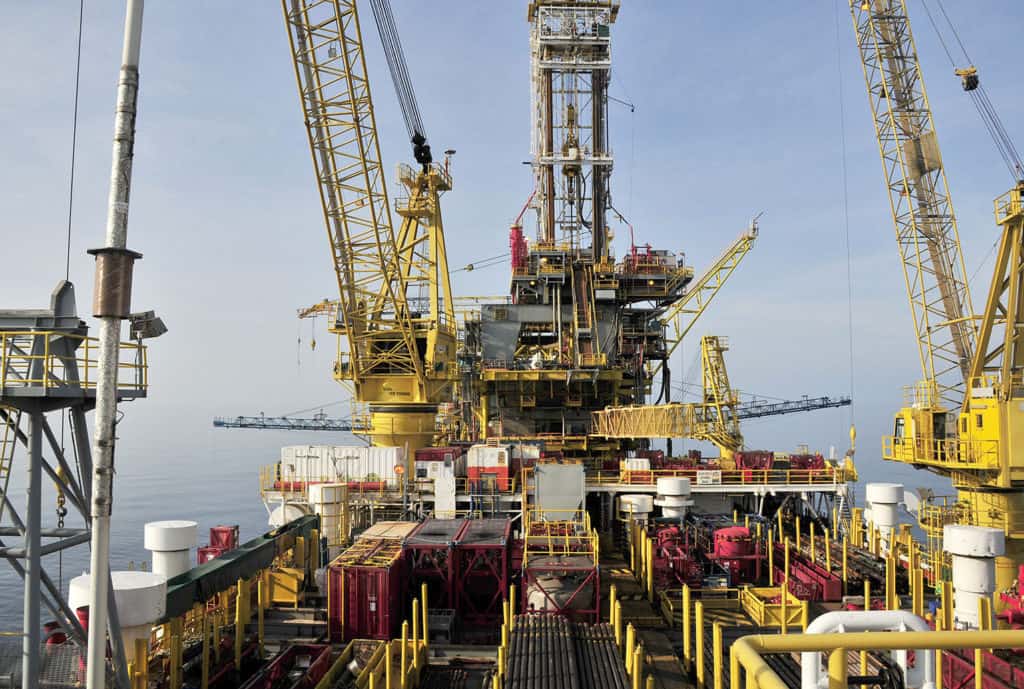Make your inspections matter by making sure they are fit for their intended purpose.
Inspection and verification activities can be an important part of your rig selection, acceptance, and management system, providing valuable information about safety and performance that can be used to cut costs and improve returns. Inspections can also be a wasteful expenditure of time and money, yielding little useful information. How you approach your inspection activities will determine if a useful outcome is achieved.
All too often, an inspection result represents little more than the temporal opinion of a specific surveyor, executing a static generic checklist. Athens Group Service’s 20-year track record in systems inspection and verification has taught us that avoiding this undesirable outcome requires that these activities be actively planned and executed with an engineering discipline.
There are two general types of inspection activities. The first type, continuous inspection, is intended to be repeated as part of an ongoing series. The results from one inspection are compared to and correlated with the results of prior inspections and the performance and safety history on the rig. These inspections are most useful for driving reliability, preventative/predictive maintenance and process improvement decisions. The second type, single point inspection, is intended to answer a specific question at a point in time. These inspections are most useful for driving rig selection and acceptance decisions.
While these two types of inspections have very different goals, the underlying engineering discipline is very similar. In each instance, two parameters need to be clarified and communicated to the inspection provider. First, the scope of the inspection, which addresses how “thoroughly” to look at the system being inspected, and secondly, the required quality of the inspection criteria and results, which given the scope, will determine how useful the results will be to informing good decisions. A qualified inspection provider, using sound engineering principles will work with you to determine the specific scope and data quality requirements before creating the inspection program.
The scope of the inspection covers four possible levels:
Survey- A broad review of the condition of covered systems and equipment against a specific compliance checklist.
Inspection- A critical examination of the condition of covered systems and equipment against a more rigorous compliance checklist. An Inspection rigor checklist typically contains twice the items found in a Survey rigor compliance checklist.
Test -The application of specific input forcing criteria, conditions or operational action with the intent of measuring the resulting output actions or activity for covered systems and equipment. Test rigor requires the generation of a test plan rather than a compliance checklist.
Validation – A critical examination of the integrated system lifecycle activities that provided the requirements, specification and design of covered systems and equipment.
Inspection criteria quality is defined in terms of consistency, stability, and traceability over time and equipment types for the inspection items; repeatability, stability, and traceability, for the results; and reference to specific, relevant, and traceable regulations, generally accepted international standards, or known good best practices. The criteria must provide coverage of both process as well as condition and be recorded in a way that allows for comparison and correlation.
Athens Group Services applies a domain-specific integrated system engineering discipline to the design and execution of an inspection program. This discipline provides a program with the scope and criteria/result quality fit for your specific purpose. Whether it’s an ongoing inspection program to ensure continued reliability, performance, and safety, or a single point inspection to select and accept the best rig, you are assured that the inspection plan will answer the specific questions you need answered.

Athens Group Services provides technology assurance services that help the oil and gas industry design, construct and operate safe, reliable rigs and platforms. From topsides to subsea, our consultants ensure effective engineering, testing, and validation compliance with the highest standards for performance, reliability, and safety.

